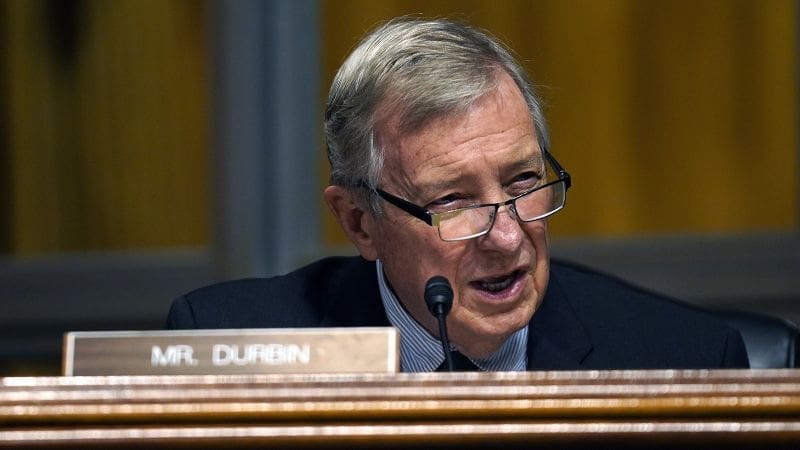The report, spearheaded by Senator Dick Durbin of Illinois, highlights instances where Justices Thomas and Alito failed to disclose significant gifts and luxurious trips provided by affluent businessmen. This development comes at a crucial time as Republicans are set to assume control of the chamber, reflecting escalating political tensions.
The 2024 report, described as the most detailed to date, enumerates lavish trips, private flights, and property transactions involving the justices, shedding light on ethical concerns within the Supreme Court. While many of these gifts have been publicly acknowledged previously, the report aims to formalize concerns and establish a record of ethical lapses.
Senator Durbin, emphasizing the gravity of the issue, stated, “The Supreme Court is entangled in an ethical crisis created by its own actions, eroding public trust through entanglements with billionaires.” The lack of response from a Supreme Court spokesperson has further fueled public speculation and concern.
Both Thomas and Alito, when questioned previously, referenced the “personal hospitality” exemption in annual disclosure requirements as a justification for not reporting these benefits. However, the federal judiciary clarified in recent years that such exemptions do not cover resort stays or private jet usage, necessitating full disclosure.
In an effort to address these concerns, the Supreme Court introduced its first-ever code of conduct the previous year. Yet, critics argue that the absence of enforcement mechanisms undermines the initiative’s effectiveness. The controversy extends beyond travel perks, including allegations against Justice Thomas for not recusing himself from certain cases influenced by political advocacy from his wife, Ginni Thomas.
Federal laws allow justices significant discretion in recusal decisions, only requiring them to step back when a spouse’s interests could be notably impacted by a case’s outcome. This latitude has been a point of contention among ethics proponents and critics.
Prominent Republicans, including former President Donald Trump, have dismissed these allegations, accusing Democrats of attempting to weaken the credibility of the Supreme Court’s conservative majority. With the shift in political power, attempts by Senate Democrats to implement tighter ethics regulations are likely to stall.
Gabe Roth, representing the advocacy group Fix the Court, remarked that the report outlines judgment lapses among nearly all justices, regardless of political leaning, highlighting a systemic issue within the Supreme Court’s ethical practices.
The report serves as a significant document in the ongoing dialogue about Supreme Court ethics, presenting challenges for both the judiciary’s internal accountability and its public perception. As the political landscape shifts, the fate of proposed ethical reforms remains uncertain.








